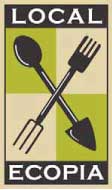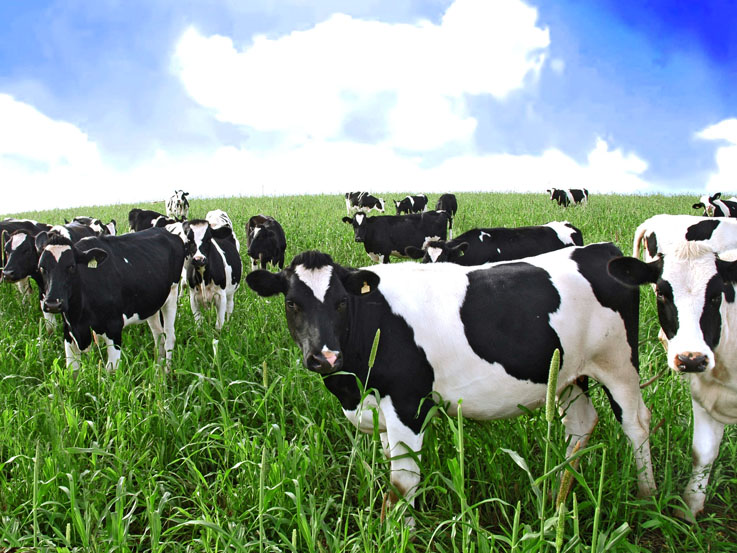by Rick Hawkins
Penicillin was discovered in 1929 and by the 40’s, the true potential and the large scale production processes were discovered that radically changed medical treatment. Illnesses from bacterial origins now had a source of viable treatment and it changed our medical industry. For most of the rest of the twentieth century, antibiotic development and improvements were able to stay ahead of harmful bacteria building resistance to these drugs. In more recent years our process of food production, particularly factory farming is rapidly making antibiotic treatment ineffective and may soon make them useless. How did this happen?
It is estimated that more than 80% on the antibiotics used in the US are given to animals grown for food production. This equals more than 30 million pounds per year. These and other drugs are added to animal food and water to make them grow faster on less feed and compensate for the crowded, unhygienic conditions found in confined feeding operations. When eating most commercial pork, beef, dairy, poultry products and even some farm raised fish you are also ingesting the drugs these animals were fed. Bacteria, like all things in nature find a way to survive. They have rapidly evolved with a resistance to antibiotics making conventional treatment ineffective. Even beyond the feedlots, the drugs are finding their way into vegetables and waterways from the manure generated from confined feeding operations sprayed on fields. This practice is even leading to additional food borne illness potential with drug resistant salmonella now appearing in commercial poultry products.
This uncontrolled use of antibiotics in agriculture is creating drug resistant infections in humans. Antibiotics may have also contributed to an incredible increase of asthma and allergies in young children over the last two decades according to several medical studies.
There are efforts internationally to curb the use of antibiotics and growth hormones being given to animals grown for human consumption. A great start to ending this practice began in December when the FDA announced that it will require pharmaceutical companies to label antibiotics which would require prescriptions to be written to dispense them. This would make it illegal to use the drugs for fattening the animals and would limit the use for treatment only. The FDA effort is actually voluntary for compliance. Even if they comply, it will still not be difficult for the continued use of these drugs under the guise of “treatment”. Even so, this is a much needed big first step in the right direction. If nothing else, the press garnered by this announcement will help with awareness and additional calls to action by the public.
As always, the fastest path to needed change is with consumer choices. By choosing meats and other proteins labeled as organic, antibiotic free, or other labeling you are helping to promote the practice of drug free farming. An even better option is buying locally from a farmer you may know or shopping at a local farmers market.
Even with these efforts, it may be too late to prevent the new year from being the beginning of the post antibiotic era for treatment of human disease.
 Localecopia is a nonprofit organization based in Palm Beach, Florida focused upon bringing businesses, producers, educators and government organizations together for the purpose of lessening our carbon footprint by supporting local product consumption, helping operations better utilize waste and bringing together individuals to help achieve sustainable business practices. For information about Localecopia, please visit www.localecopia.org.
Localecopia is a nonprofit organization based in Palm Beach, Florida focused upon bringing businesses, producers, educators and government organizations together for the purpose of lessening our carbon footprint by supporting local product consumption, helping operations better utilize waste and bringing together individuals to help achieve sustainable business practices. For information about Localecopia, please visit www.localecopia.org.


